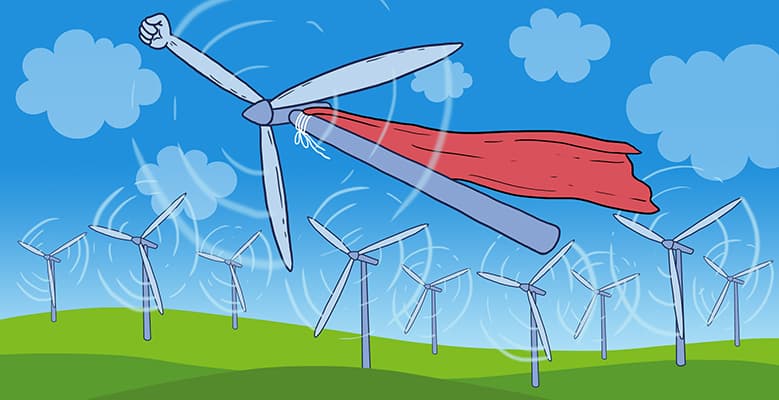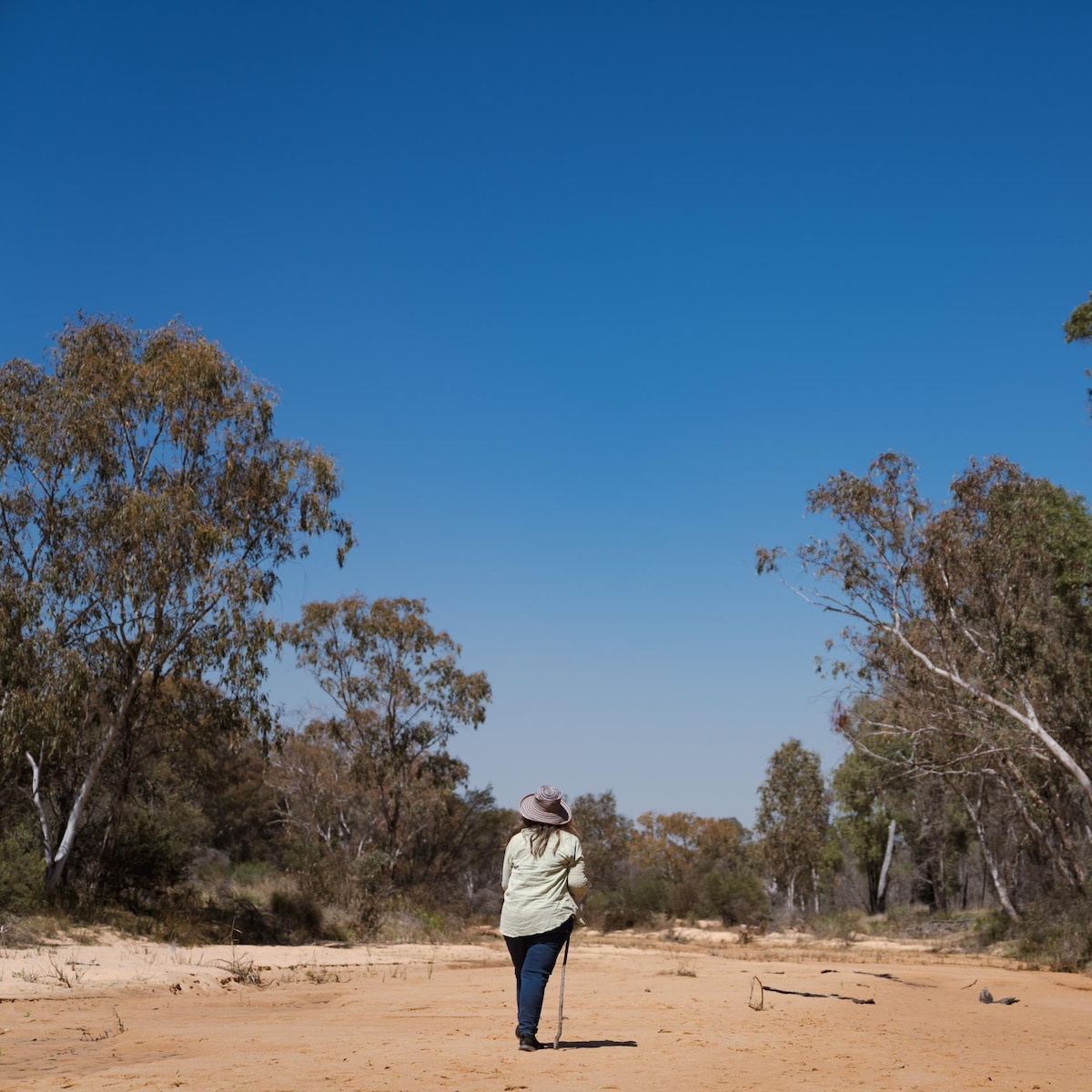
Soaring temperatures, historically powerful storms and unprecedented wildfires....2020 has not been a banner year for our planet. But even as the climate crisis deepens, some progress is being made.
Which is good, because there’s no time to waste. According to a report just released by the United Nations, there has been a “staggering” rise in climate emergencies over the past two decades, affecting billions of people and costing the global economy almost $3 trillion. Failing to act decisively could turn our planet into an “uninhabitable hell for millions of people.”
The six climate change victories below cannot on their own put us on the path to avoiding the worst effects of the climate crisis. But they can, and should, serve as inspiration and motivation. Don’t wait another second to make a difference. Join the climate movement and demand that our leaders take action now.
-
Europe Is Going Coal-Free
The burning of coal has been the single largest source of global temperature increase. It pollutes the air and is responsible for a huge percentage of the carbon dioxide in our atmosphere. But the good news is that many countries in Europe are pulling the plug on coal. Spain shut down half of their coal plants this year. Austria closed its last coal plant in April, and so did Sweden. The UK set a record for coal-free power generation (about two months) earlier this spring, marking the longest stretch the UK has gone without using coal since the Industrial Revolution.
-
California Says No to Gasoline Cars
If the state of California were an independent country, it would have the world’s fifth-largest economy. It also ranks among the top 10 largest passenger car markets. All of which is to say that California governor Gavin Newsom’s order banning new gasoline car sales by 2035 is a huge deal. But it makes sense that California would take the lead on efforts to reduce greenhouse gases. It’s been under increasing threat from extreme wildfires and other climate-crisis-fueled disasters for years—this fire season has been, yet again, the worst in history.
-
A Green Recovery Is Taking Shape
COVID-19 has devastated families and communities all over the world. It can be hard to focus on hopeful signs amid the pandemic, but the resulting quarantines/shutdowns did lead to a significant global dip in carbon emissions. And that convinced some political leaders to see this moment for what it is: a once-in a lifetime opportunity to rethink how our economies work. As countries open back up, many are choosing to build back better with a green economic recovery plan, ensuring that people and the planet, not corporations, benefit the most. If successful, this movement could achieve not only economic justice, but climate justice as well.
-
The Dakota Access Pipeline Is Being Shut Down
We’ve been following the fate of the Dakota Access Pipeline (DAPL) for years, so we cheered in July when a district court ordered the pipeline shut down. That marked the first time that a major US pipeline was ordered by a court to stop operating because of environmental reasons. But a month later, an appeals court halted that shutdown order, throwing the project once again into limbo. This ruling was clearly a setback, but DAPL opponents remain optimistic. We stand with the Standing Rock Sioux as they continue to fight for the health of the planet and the sovereignty and well-being of their people.
-
Renewable Energy Use Increases Worldwide
As much as we desperately need faster and more direct action right now to transition from fossil fuels to clean energy, the overall trend is clear: Renewable energy is on the rise, at the expense of coal and gas. The share of global electricity generated from renewables was up to 28% in the first quarter of 2020, 2% higher than last year. Coal and gas still represent 60% of global electricity production, but they are nonetheless on the decline. That is definitely good news, but if we hope to preserve anything resembling our current way of life, we need to accelerate the changes already underway.
-
The Global Youth-Led Climate Movement Continues to Grow
One of the most inspiring developments over the past couple of years was the rise of the youth-led global climate movement. Young leaders all around the world have demanded that political leaders respond to the climate crisis like it’s a crisis. “Our house is on fire,” Greta Thunberg has said—the time for delay and debate is over. While the pandemic reduced the size of some planned events and marches, the movement itself continues to grow. Youth activists have been on the frontlines of just about every push for progress over the past 60 years, and so it’s no surprise today that young people are doing the same in the global fight for climate justice and a clean energy future.
We need to tell Parliament that we want a clean, resilient and fair future and that it’s time to make fossil fuels history.
Take action now! Join us in telling Australia’s political leaders to Unfudge our Future!


